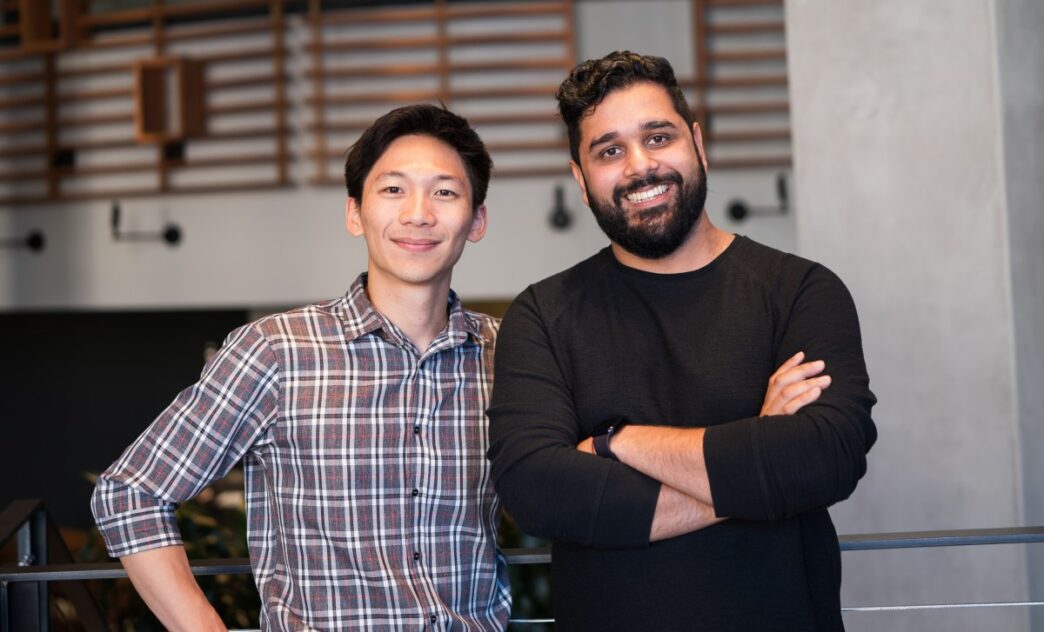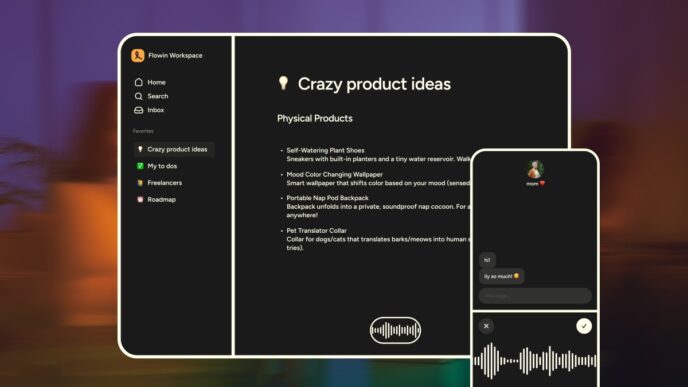Eventual is pushing a new open source data engine for handling multimodal AI data at scale. The startup’s product, called Daft, targets a messy problem: processing huge amounts of unstructured data — from text and images to audio and video — all in one place.
Founders Sammy Sidhu and Jay Chia built the tool while engineers on Lyft’s autonomous vehicle team. They saw firsthand how much time was wasted cobbling together open source tools just to handle complex data flows reliably.
“We had all these brilliant PhDs, brilliant folks across the industry, working on autonomous vehicles but they’re spending like 80% of their time working on infrastructure rather than building their core application,” Sidhu said.
Eventual launched Daft as open source in 2022, before ChatGPT’s boom revealed even more demand for multimodal AI data processing. The company is now gearing up to release a commercial version in Q3.
The startup already counts heavy hitters like Amazon, CloudKitchens, and Together AI among its customers. The tech is designed to be Python-native and fast across all data types — aiming to do for unstructured data what SQL did for tables.
Eventual just closed $20 million in Series A funding led by Felicis, with Microsoft’s M12 and Citi also backing the round. This follows a $7.5 million seed round kickstarted by CRV earlier.
Astasia Myers, general partner at Felicis, said Eventual stood out for being first to tackle data infrastructure for multimodal AI models and for having founders who experienced the struggle firsthand.
“Annual data generation is up 1,000x over the past 20 years and 90% of the world’s data was generated in the past two years… You need a multimodal-native data processing engine,” Myers told TechCrunch.
The multimodal AI market is projected to grow 35% annually through 2028, making Eventual’s timing spot on. The company plans to expand its open source base while building out tools for customers to build AI apps using Daft-processed data.














